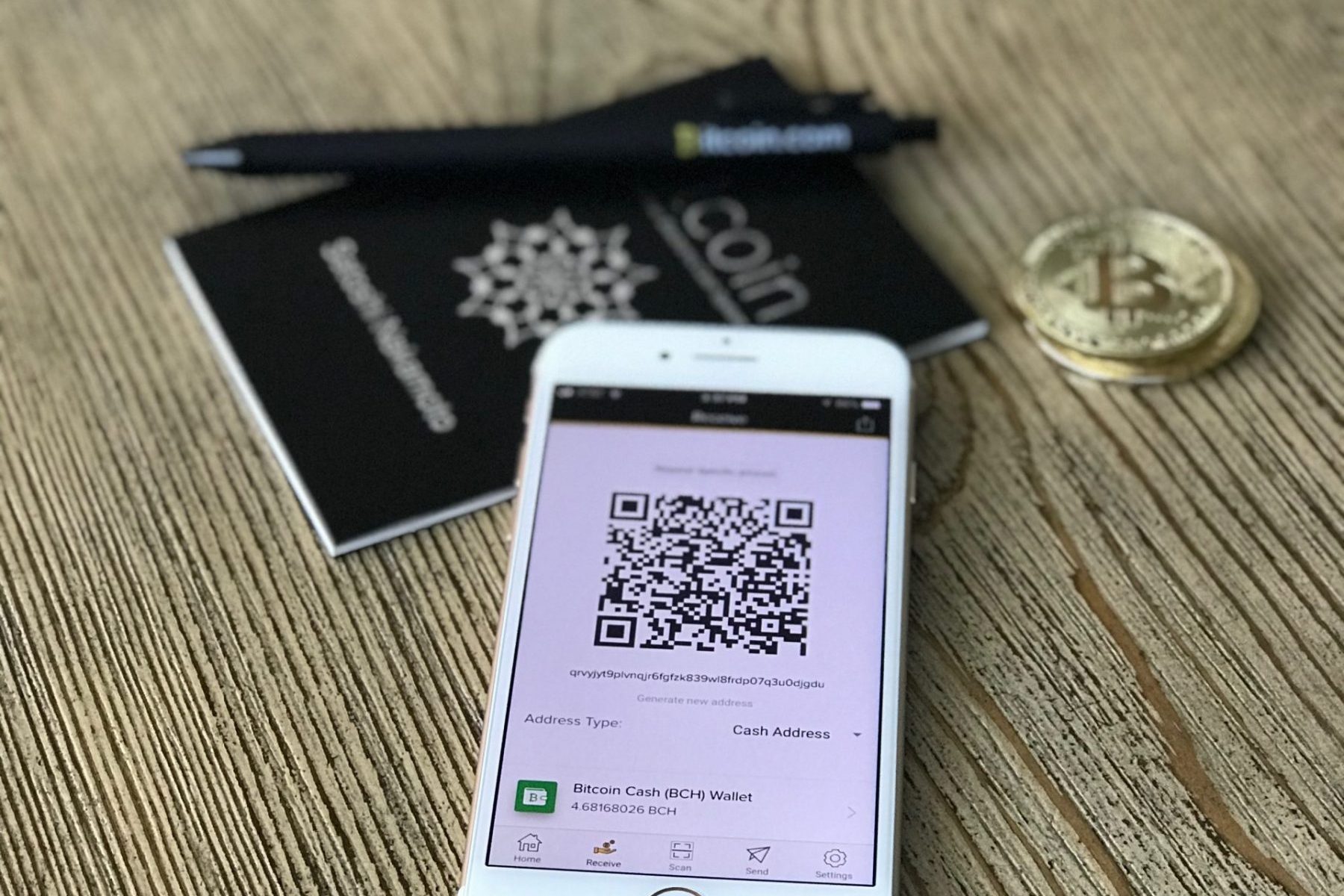Cryptocurrency is the future of business and money in general. Right from its creation back in 2010, cryptocurrencies have been on the fast track to take over the traditional modes of carrying out financial transactions. Because of the nature of cryptocurrency, it is hard to obtain unless you have some money to throw around. Even though it can be classified as a viable form of investment, just like the exchange of fiat currency, it can get quite expensive to come by. People who cannot afford it have to resort to getting it another way. In most cases, they mine for it. Although that is still on the expensive side, it’s a form of direct access.
After getting the cryptocurrency by whatever means you have chosen, then comes the question of how you intend to keep it. Unlike regular money, cryptocurrencies are not in actual note form. The coins themselves are not tangible. Therefore, people have to resort to preserving them in their software form. This is usually done with a cryptocurrency wallet.
A cryptocurrency wallet is a program that aligns all the secret keys that are used in executing several cryptocurrency transactions for circulated ledgers. These keys are integral because they are the only way you can prove the ownership of the digital currencies that you have stored, and by extension, manipulate, trade or sell the coins. If your intention is to trade, you can execute this on the BitQT website. Crypto wallets, as they are mostly called, are connected with the blockchain system.
Their importance cannot be overstated as the cryptocurrency ecosystem would crumble without these means of identifications. The connection between the crypto wallet and blockchain is that the crypto wallet’s addresses are stored on the blockchain system. Based on this principle, if the owner of the wallet loses their address, they lose control over their crypto wallet. A wallet address is essentially like a bank account number. It is the medium through which transfers of cryptocurrency can be made to you. And just like in the fiat banking system, there are no two identical account numbers; the same applies to the world of cryptocurrency.
There are two main types of cryptocurrency wallets in existence.
- The hot wallet
- The cold wallet
Hot wallets are the most popular kinds used by everyday people. Here, people are able to access their cryptocurrency through internet facilities. Coinbase is a good example of a hot wallet. It is readily available as users can simply download the app on their phones. There are also other forms of cryptocurrency storage in hot wallets — systems like paper wallet generators. The paper wallet generator system creates keys that can be rendered in QR code form or directly printed out. Cold wallets on the other hand follow a different path.
Cold wallets are also known as hardware storage for cryptocurrency. Here, users can download their cryptocurrency and preserve it offline on hardware devices such as a USB drive or a smartphone. Cold wallets can also be bought with the required software already installed on the hardware devices. Hardware wallets are often used by individuals who have obtained a large amount of cryptocurrency to the point that they feel the need to constantly carry their money wherever they go or keep it in a safe.
It might seem unusual as to why anyone would follow this path. The answer is simple; hardware wallets or cold wallets are the most secure form of keeping your cryptocurrency safe from theft. Hot wallets are made secure by several layers of firewalls and authentications but there’s no 100% guarantee that your money is safe from hackers. This is a concern that individuals with cold wallets can forget about. The downside to having a hardware wallet is that it could easily get lost — it is a small device, after all. If this happens, the cryptocurrency is not only lost to the owner, it completely vanishes from the world.
Everything is accompanied by a certain level of risk: The way forward is to pick the one more suitable to you and ensure the safety of your money.
















